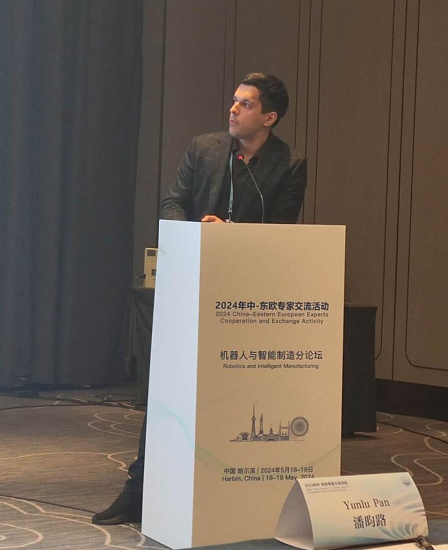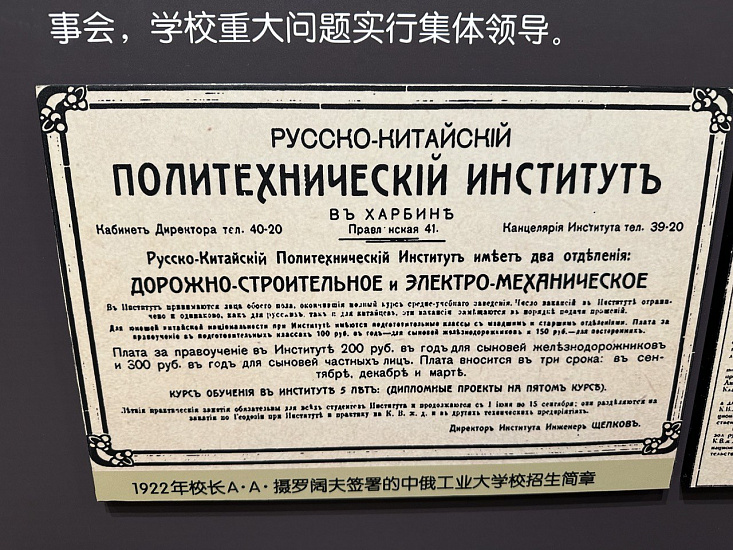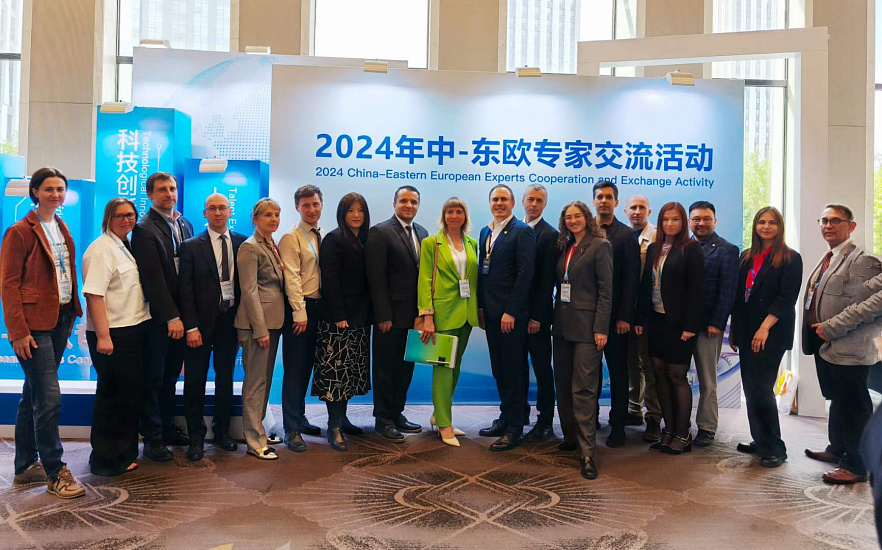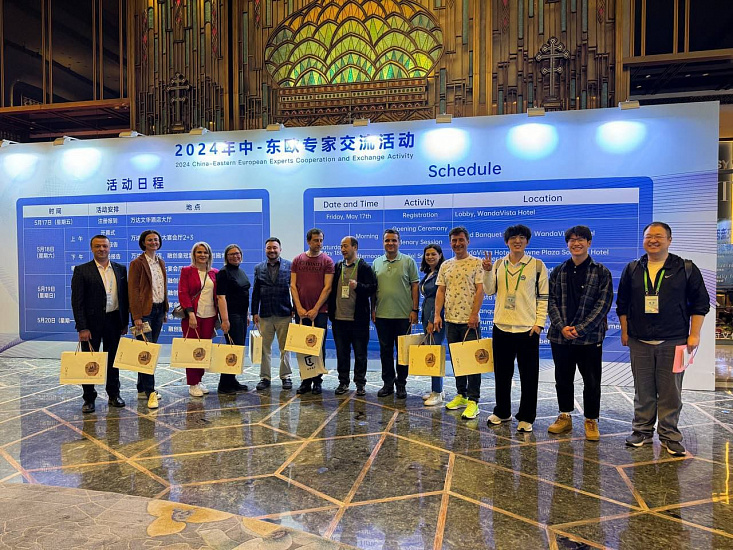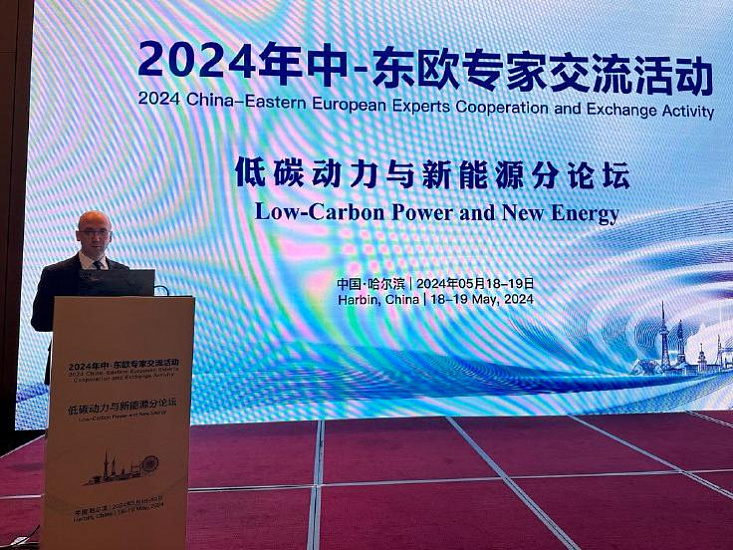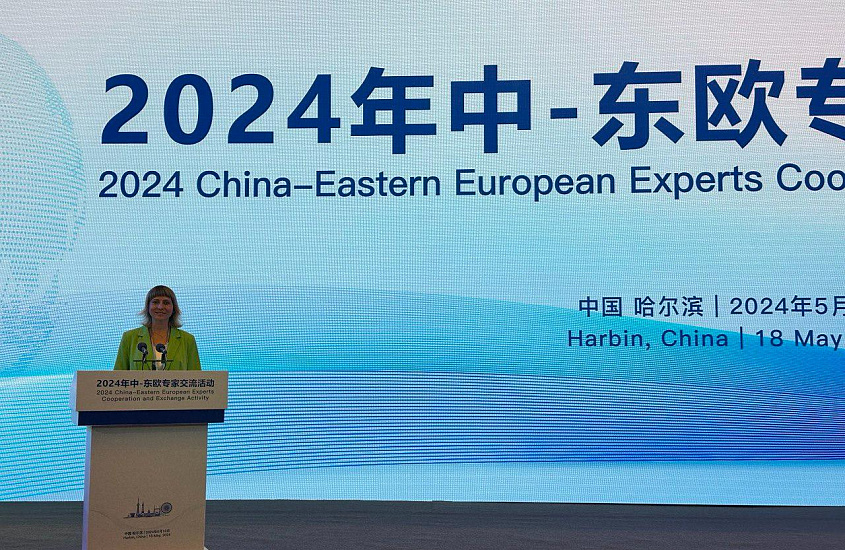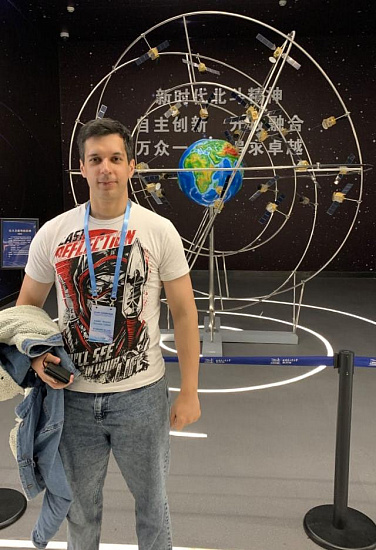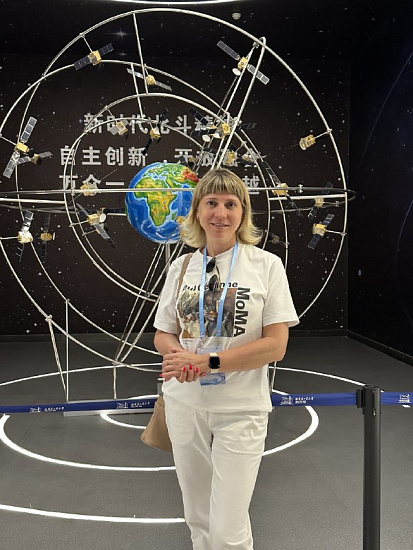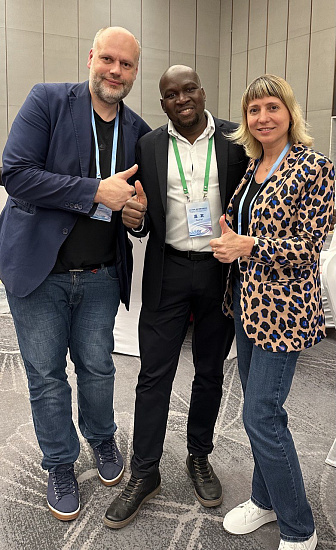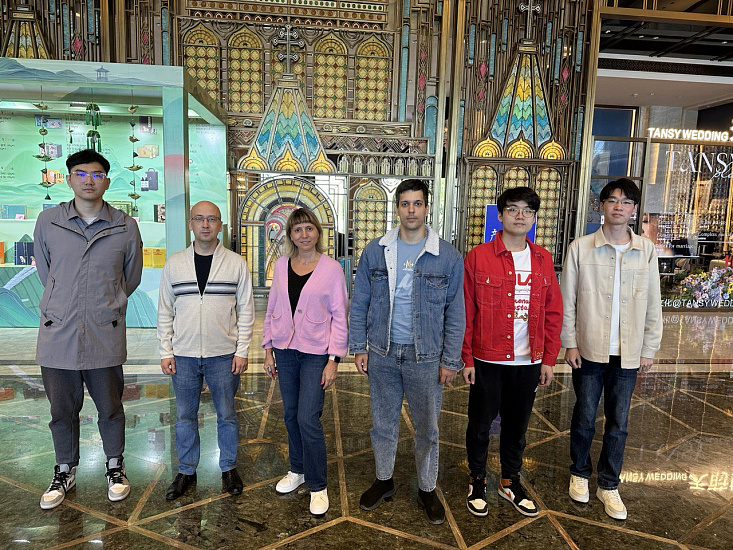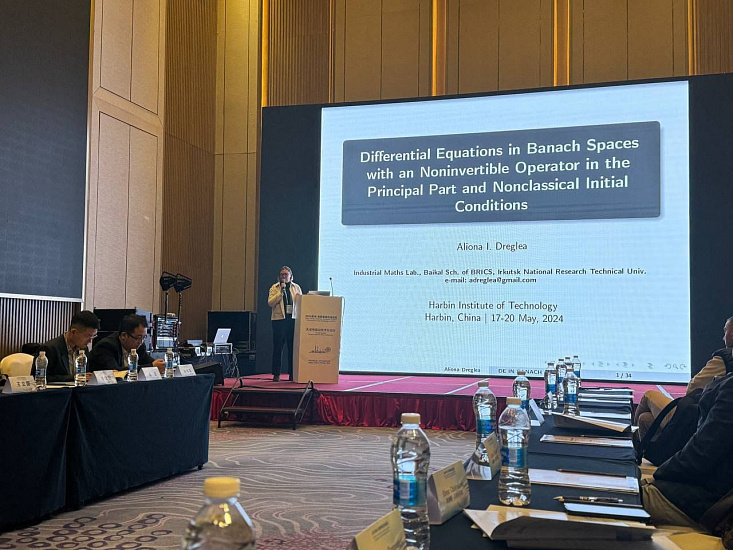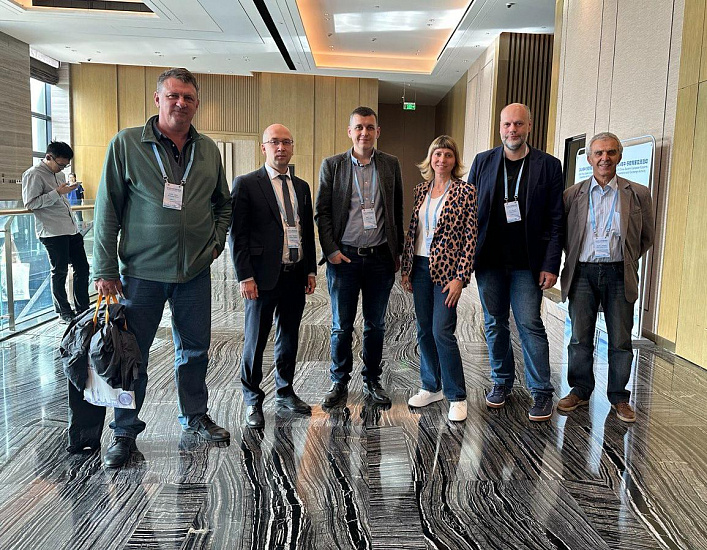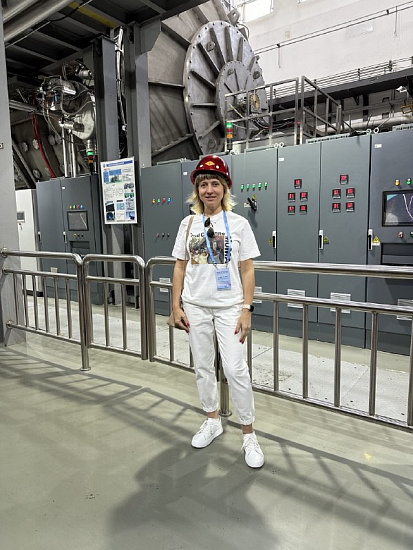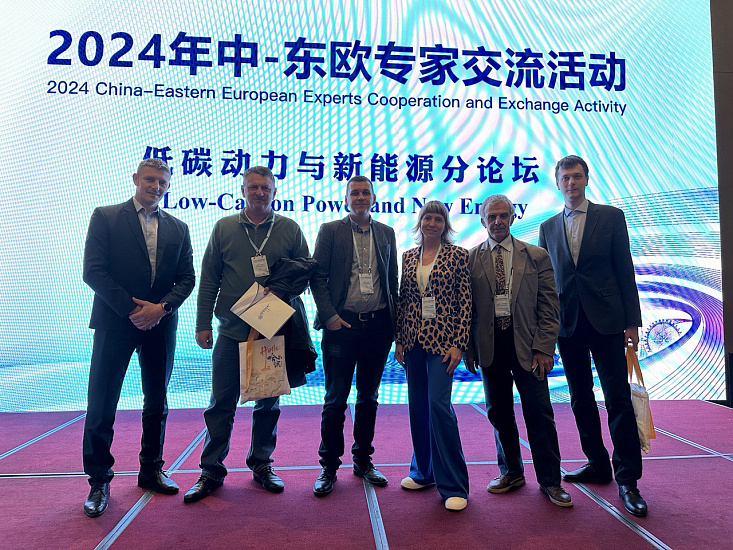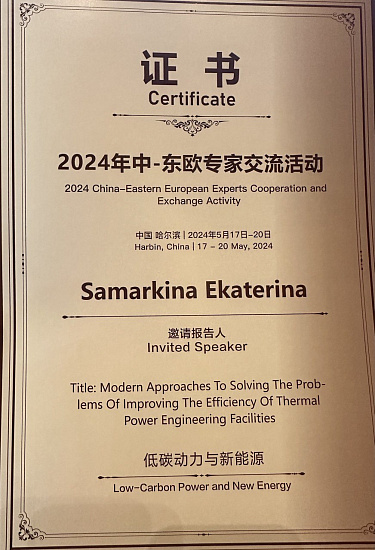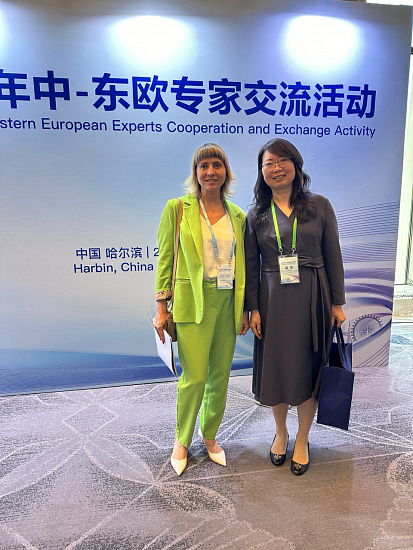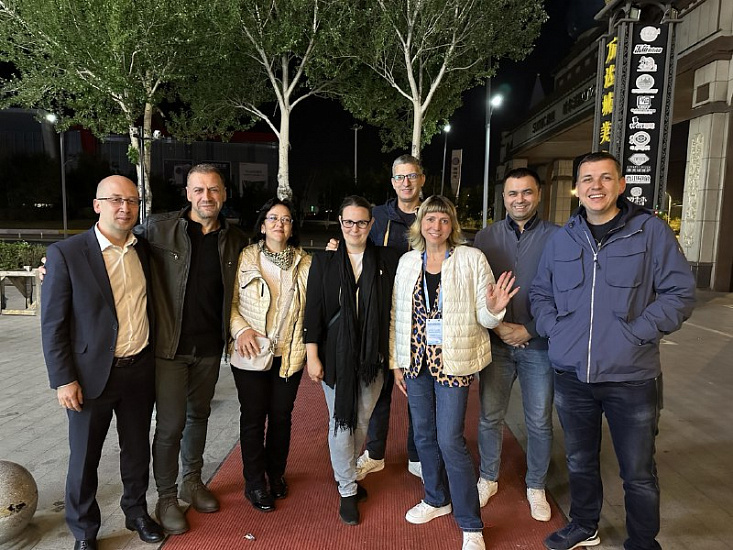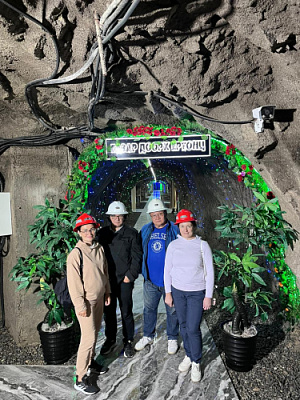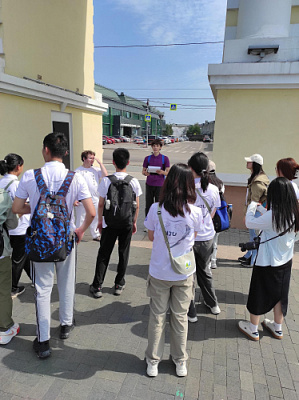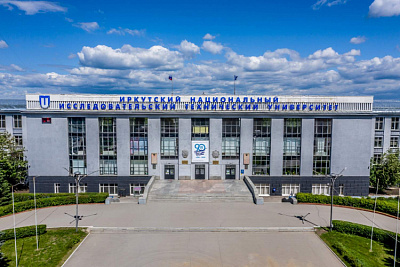INRTU staff attended the China-Eastern European Experts Exchange Conference in Harbin
On May 17-20, INRTU staff took part in the 2024 China-Eastern Europe Experts Cooperation and Exchange Activity conference. The event was organized by Harbin Institute of Technology.
The aim of the conference was to create a platform for the exchange of scientific and technical knowledge and cooperation between experts, scientists and young researchers within the framework of the “One Belt, One Road” initiative. The work of the conference was organized in nine scientific and technical directions. Over 500 experts fr om 13 countries showed interest in the event.
The INRTU delegation included Anna Kireenko, Director of the Baikal School of BRICS, Andrey Savilov, Associate Professor of the Department of Technology and Equipment for Machine-Building Production, Irina Byankina, Head of the Department of Youth Policy, Alexander Parshin, Scientific Director of the Siberian School of Geosciences (SSG), Olga Kachor, Head of the Department of Geoecology, and Konstantin Grigorov, Head of the Department for International Scientific and Educational Projects.
During the conference, Vladimir Mironenko, Associate Professor of the Laboratory of Network Systems and IT Infrastructure, gave a presentation on incremental molding (SPIF) in the section "Robotics and Smart Manufacturing". This process offers the advantage of producing complex metal products without the need for specialized presses, making it particularly relevant to industries such as automotive and aerospace, wh ere there is a growing demand for such products.
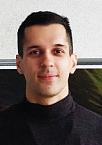
“SPIF technology is a universal process that incorporates tool rotation, clamping and path of motion. It is commonly used in the production of automotive hoods and ducts through incremental molding. The technology is praised for its environmental friendliness, resulting in reduced carbon dioxide emissions and improved energy efficiency during production.
INRTU is actively testing SPIF technology and developing a production machine to discover its potential. We are focusing on studying deformation processes in five coordinates to optimize forming and improve product quality.
Potential customers for SPIF technology include aerospace companies, and negotiations have been held with representatives of the Belarusian State University and the National Academy of Sciences of Belarus to explore opportunities for joint research and innovation development,” Vladimir Mironenko announced the results of the visit.
INRTU stuff also participated in the section “Low-carbon energy and new technologies in the energy sector”. Ekaterina Samarkina, Director of the Institute of Power Engineering, spoke about modern approaches to improving the efficiency of heat and power enterprises. Vladislav Shakirov, Head of the Department of Electricity Supply and Electrical Engineering, presented the paper “Planning the development of low-carbon energy systems at regional and local levels under multiple criteria”.
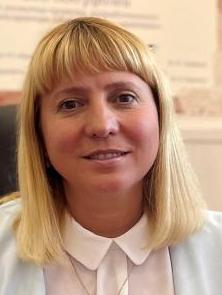
“We met scientists from the Mihajlo Pupin Institute (Serbia), the Belarusian National Technical University, the Institute of Information and Telecommunication Technologies of the Bulgarian Academy of Sciences, the Warsaw University of Technology (Poland), and Harbin Institute of Technology.
With our colleagues we discussed possible formats of cooperation, including participation in conferences, preparation of publications and grant applications. The focus of our attention is on theoretical and applied research to improve the efficiency of energy facilities,” shared Ekaterina Samarkina.
The Laboratory of Industrial Mathematics of the Baikal School of BRICS participated in the section "Technology of Advanced Electric Drives". Professor Denis Sidorov, the head of the laboratory, presented results of the research on mathematical modeling and control of energy storage systems. Associate Professor Alena Dreglia discussed the topic of differential equations in Banach spaces, focusing on operators in the principal part that are irreversible, while also addressing non-classical initial conditions. Another associate professor, PhD Samad Noyagdam, presented his research on reliable control and modeling of a nonlinear model of energy supply and demand. Researcher Elena Chistyakova presented a paper on differential-algebraic equations and their applications in modeling electrical circuits. The papers were further discussed with colleagues from different regions, including Russia, Croatia, Moldova, and China.
